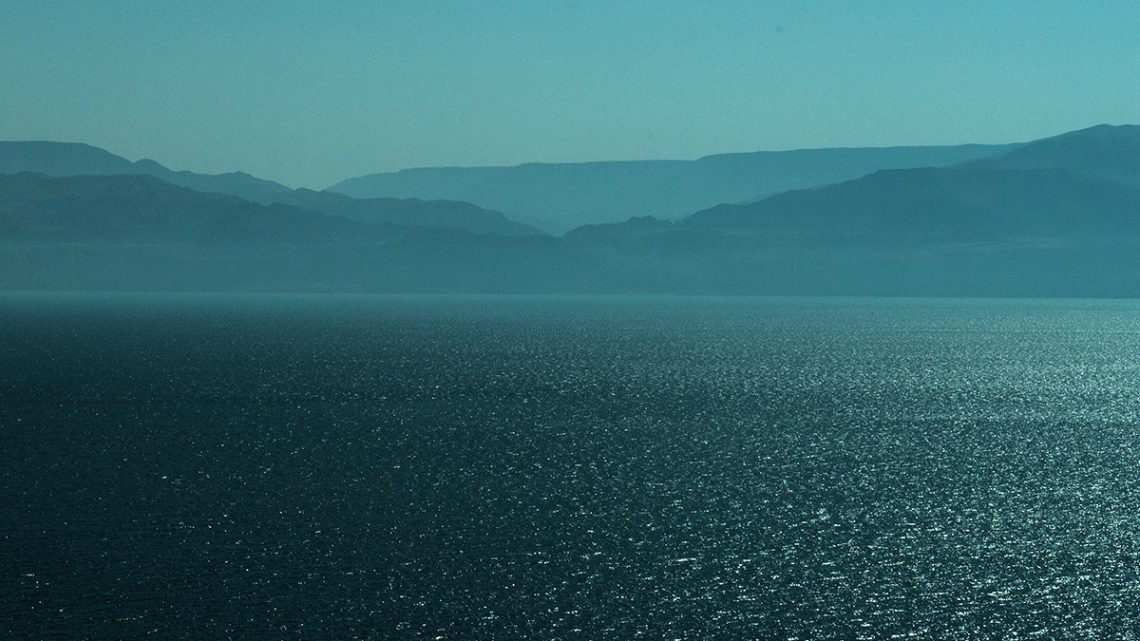The Catholic Church's teaching on the environment written in 2010.

Do people have the right to pollute the air and the water? Is it just for people to kill animals? Should governments be allowed to restrict the size of families in order to reduce the strains on the natural world?
To answer these questions, the Church looks to the beginning of the Bible, to the description of God’s creation of everything in the world. Scientists might disagree with the biblical account, but it expresses three great truths about God, human beings and the natural world.
First, everything God made — forces of nature, rocks, plants, animals and people — was made to be good. In the Bible, each individual part of creation is described as good and the whole is described as “very good”. In reality, of course, the world is not always found to be good: people are often bad, living things die and nature can be cruel. Many parts of Creation work together harmoniously but there is also discord. Catholics believe that the original goodness of the world has been tarnished but not destroyed.
We need to respect the original divine (that is, God-like) goodness of creation. Pope Benedict XVI says, “In nature, the believer recognises the wonderful result of God’s creative activity… The environment is God’s gift to everyone, and in our use of it we have a responsibility…” We should respect “the intrinsic balance of creation”. In other words, we should not engage in “reckless exploitation” of the air, water or land or needless disruption of the natural world. (Caritas in Veritate 48)
Second, human beings have a special role in Creation. Like everything else in the world, we depend entirely on God, but we are not like everything else because we were created with a difference: in “the image and likeness of God” (Gen. 1.26). This special divine likeness comes with a special gift – God gives people authority over the plants and the animals. In much the same way that people have been made to serve God, animals, plants and the rest are made to serve people.
It is not always clear how to balance the required human respect for and wonder at God’s creation with the authority given to make nature serve human purposes. There will often be room for debate, but there is no justification for either an extreme worship of nature — or a total disregard of it.
Third, human life should not be separated from either God or the rest of Creation. The first man’s body was made “from the dust of the ground” but God “breathed into his nostrils the breath of life” (Gen. 2. 7). Adam’s descendents are all both earthly and heavenly: we wonder at the heavens and use our intelligence to live well from the gifts of nature. Like Adam and Eve, we are created to live together and form and be members of living communities..
We should not try to separate our responsibility to nature from our responsibility to other people. Pope Benedict says, “when ‘human ecology’ is respected within society, environmental ecology also benefits.” (Caritas in Veritate 51) In other words, the goodness of human life, from conception to natural death, is part of the goodness of nature. It is deeply unnatural — and wrong — for governments to restrict family size for the sake of ecology or any other reason.
The responsibility that people have to nature is not just to nature itself or to the nature-creating God, but also towards all people who require nature’s bounty: “towards the poor, towards future generations and towards humanity as a whole” (Caritas in Veritate 51). The powerful of the world should not waste or greedily take more than their fair share of the gifts of God.
Modern technology has increased men’s sway over nature. With that greater dominion comes a greater responsibility.
Fr Gregor Mendel working in the late 19th and early 20th Century was a Catholic priest who was also as scientist. He has been called the “father of modern genetics”. He also pioneered applying mathematics to biology and his laws in inheritance revolutionised the way plants were cultivated and animals were bred. He had a good understanding of how God interacts with his creation.
Psalm 8
O LORD, our Lord, how majestic is your name in all the earth!
You have set your glory
above the heavens.
From the lips of children and infants
you have ordained praise
because of your enemies,
to silence the foe and the avenger.
When I consider your heavens,
the work of your fingers,
the moon and the stars,
which you have set in place,
what is man that you are mindful of him,
the son of man that you care for him?
You made him a little lower than the heavenly beings
and crowned him with glory and honour.
You made him ruler over the works of your hands;
you put everything under his feet:
all flocks and herds,
and the beasts of the field,
the birds of the air,
and the fish of the sea,
all that swim the paths of the seas.
O LORD, our Lord,
how majestic is your name in all the earth!
Apologia: Catholic answers to today’s questions, by Fr Marcus Holden and Fr Andrew Pinsent
Concern for Animals by Deborah Jones
Global Warming – How should we respond? by Russell Sparkes, all published by the Catholic Truth Society.
Why not walk, cycle or use the bus or train instead of always relying on the car, especially where short distances are concerned?
Go to a beautiful spot and give thanks to God for his creation, then go to a busy city or town and give thanks to God for people.
This was written in 2010 by a member of the catechetical team at The Maryvale Institute.